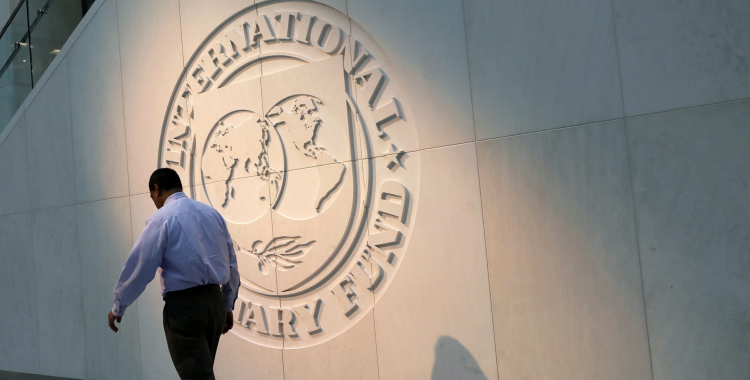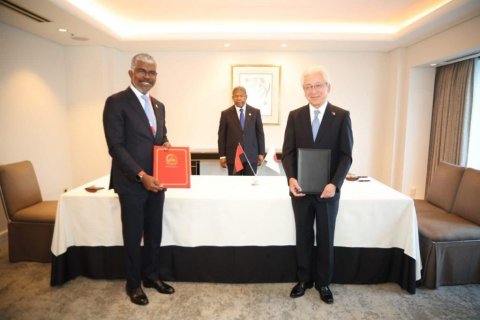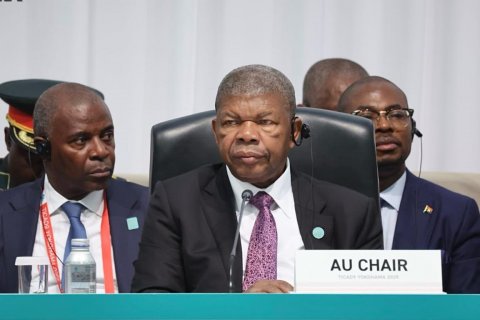For Marcos Souto, Angola has to "preserve fiscal prudence" because despite the fact that the debt-to-GDP (Gross Domestic Product) ratio has drastically reduced, Angola's indebtedness level "is still high and still consumes very large resources from the General Budget of the State [OGE]".
The resources consumed by the service of the Angolan debt, he underlined, "could be used for investment, in education, health and in other sectors of the country".
"So, it is important to continue with this fiscal prudence and not give in to the incentive to spend more than you can or get more indebted than you should", exhorted the IMF official.
Marcos Souto, who was speaking at a panel on "Initiative for Economic Transformation in Angola", as part of the third edition of the "Economic Briefing 2022", carried out by Standard Bank Angola (SBA), also praised the reforms underway in Angola.
"It is very important for us to realize that Angola during the IMF-supported program implemented a series of very important, very difficult reforms and did so during a period that was particularly challenging," he pointed out.
One of the major reforms "was aimed at achieving macroeconomic stability, this is very important because without that macroeconomic stability it is not possible to move forward in a sustainable and inclusive way".
With "economic transformation, economic diversification, economic growth and to achieve that" there were "many initiatives to control public spending, to free up the exchange rate and reform also in the structural sphere", he stressed.
The IMF intervention program in Angola, recalled Marcos Souto, ended in December 2021: "I can say that for my institution it was a successful case, now the question is for us to look ahead", he stressed.
Regarding the current Angolan monetary policy, the IMF representative said that although in recent months there has been a "significant reduction" in inflation, "helped" by the appreciation of the kwanza and the depreciation of the dollar, "it is still reasonably high".
"The latest numbers point to 16.8 percent, this is not a low inflation, but more importantly, we still have a lot of uncertainties about the scenarios of the global economy", he pointed out.
Pointing to the Russian invasion of Ukraine and the fall of a missile in Poland as "scenarios of uncertainty" for global economies, he defended, however, that Angola must be sure that its inflation is on a downward path.
"So, the uncertainties still exist and they are great and we think it would be really important to be sure that this inflation is on a reduction path", he defended.
What he observes, he argued, is that despite this restrictive policy by the National Bank of Angola "there is a growth in the GDP of the non-oil sector".
"It means that we do not think that there is a restriction here in terms of monetary policy on economic activity in the non-oil sector", observed Marcos Souto.
He also insisted on the need for a "continuous commitment" to structural reforms, in the Privatization Program (Propriv), considering that the Angolan Government "has been working proactively on these reforms".
"It is important in this to continue restructuring banks to safeguard financial stability, and here too, although there has been a decrease in bad debt, we think it is an issue that needs to be viewed with caution", he warned.
For the IMF representative in Angola, banks should also take "initiatives in an attempt to reduce this ratio of non-performing loans".
"Stability vs Economic Transformation in Angola" was the central theme of this third SBA "Economic Briefing 2022", held in Luanda.







